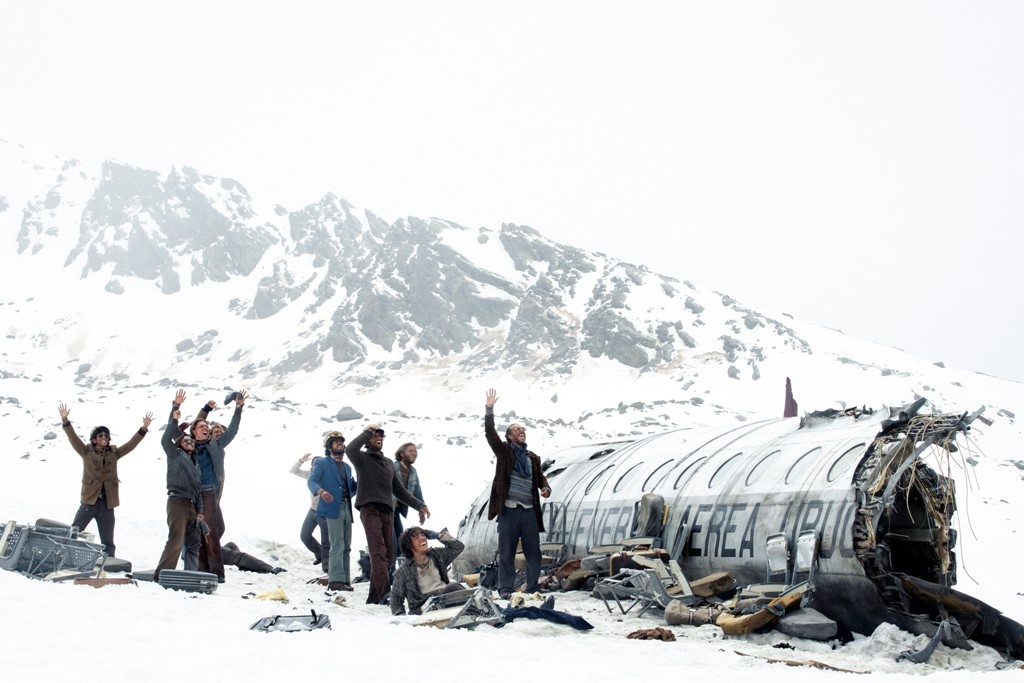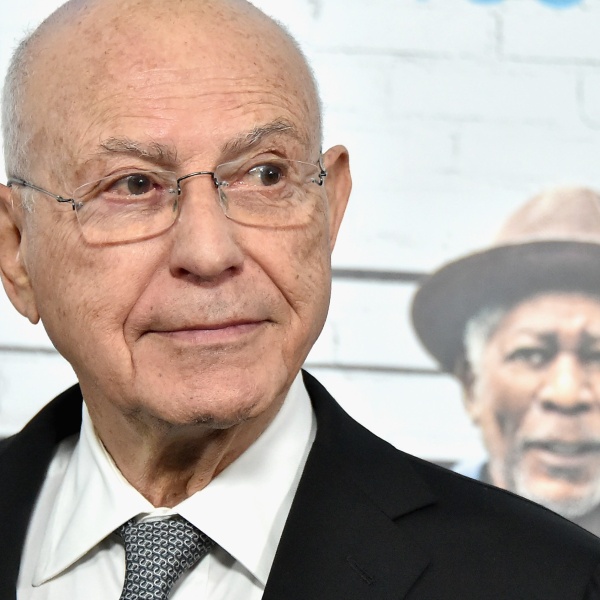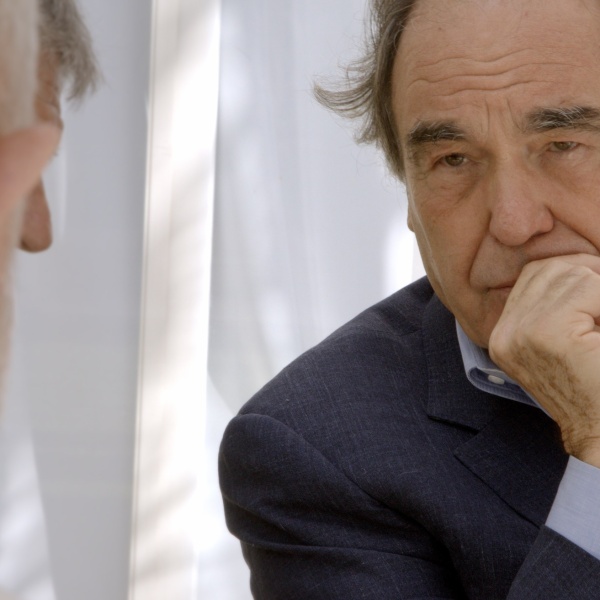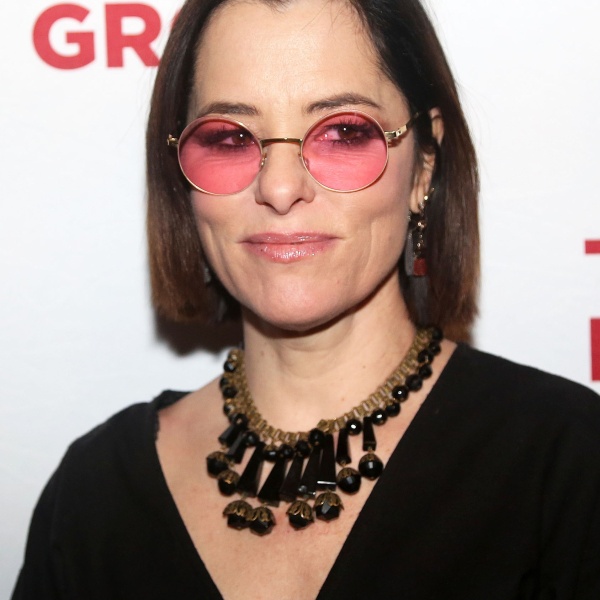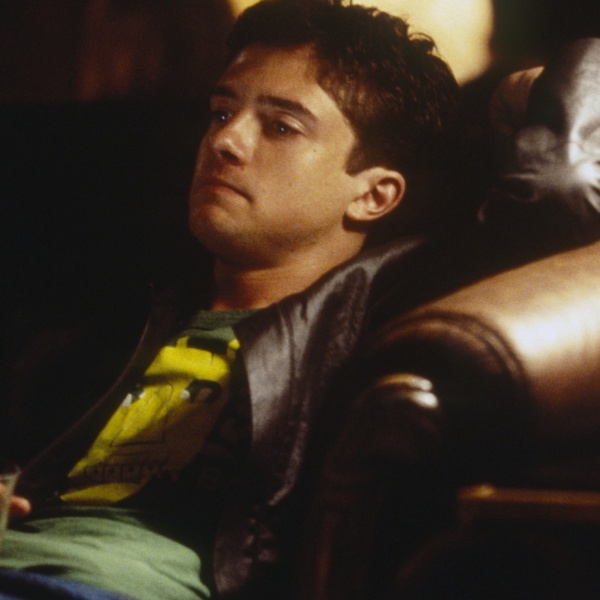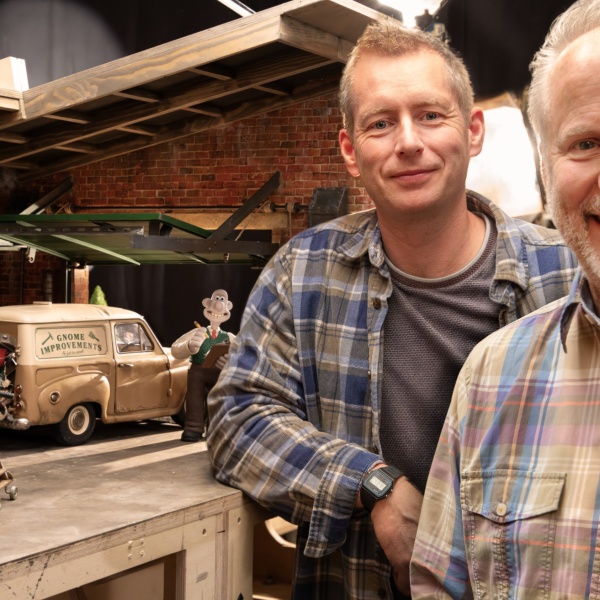Composer Michael Giacchino didn’t intend on scoring J. A. Bayona’s “Society of the Snow” (Netflix, select theaters December 22), the true-life survival thriller about the 1972 plane crash with the Uruguayan rugby team. But the two were longtime friends (Giacchino scored “Jurassic World: Fallen Kingdom”), and Bayona routinely screened rough cuts of his films for him.
Yet the composer’s reaction to “Society of the Snow” (which is Spain’s international Oscar entry) was so intense that it immediately sparked conversation about percussion and guitar. The next morning, Giacchino began writing music. Bayona was so taken that he asked the Oscar winner (“Up”), who is prepping to direct a horror remake of “Them!,” to score the whole film.
Thus began the composer’s most spiritual musical journey, one that forced him to reevaluate his worldview. “‘Society of the Snow‘ challenged me in ways that I never understood I could be challenged,” Giacchino told IndieWire. “I always treat the characters, animated or live action, as if they were real people so that the music I write comes from putting myself into their mind and soul. For this film, I felt an enormous responsibility to be as honest as I could about this traumatic experience that wasn’t just about sadness and loss. It was about waking up in an alien environment, taking one step at an excruciating time, not knowing what the next moment would bring.”
It was their slow realization that they had to quickly adapt to survive that guided Giacchino. “Everything kept going less is more, less is more,” he said. The orchestra that recorded at Abbey Road in London was small and tight; there was no need for brass here.

“I knew that the characters were very religious at the time — many of them came from Catholic upbringings — and that was a big part of their personalities, and I wanted to acknowledge that in some way, but not in a completely overt way. That meant keeping it as simple and as internal as possible, which allowed those bigger moments to read better. It felt more like a turn of fate.”
With Bayona’s encouragement, Giacchino leaned heavily into Uruguayan musical culture, including the use of a choir to aid the spiritual motif. “I used musical elements for the score that would just give us enough sense to evoke the place,” he added. “For example, the Andean string instrument called a charango and tambores de candombe — Uruguayan drums— and the vocals are in Mapuche, an indigenous language of the region.
“The words we chose are translated as Mother Earth, Nature,” Giacchino continued, “because the place that brought them on the brink of death also helped to take care of them. These elements are used throughout…but my real focus was on the emotions of those people who today still live with that experience close to their heart.”
The composer also experimented with creating strange sounds from guitar and piano strings, which added to the bleak surroundings they found themselves in. Not surprisingly, he didn’t score the crash or the avalanche because the sound team already had those brilliantly covered with their horrific soundscape.

“The other thing about this movie was it was not just about the ones that made it home,” Giacchino said. “It’s more about the ones who didn’t make it home. The survivors had many years to tell that story of what happened to them, and I feel like this was a chance to tell the story of those who didn’t come down. They literally gave everything they had to offer, and I know it was important for Juan Antonio to make that the focus of what we were doing.”
After the film was completed, Giacchino met the survivors with much trepidation and was relieved they approved. They acknowledged that the film captured the essence of their survival story and the harsh elements they endured.
“I was exhausted at the end of each day,” Giacchino said, “going a lot deeper philosophically in order to find ways to achieve a truthfulness — realizing that I could never quite reach it — but hoping that I made the best attempt to express this for them — the survivors and the dead.”
Netflix will release “Society of the Snow” in limited theaters December 22 before the film streams January 4, 2024.
